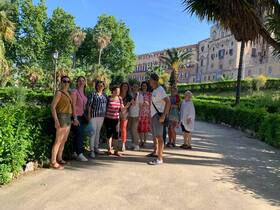 Inclusion is a basic necessity throughout all the world and an important goal to reach. The new edition of the course “Special needs and inclusive education, the Italian experience of overcoming segregation” took place in Palermo from 15/05/2022 to 21/05/2022. The participants came from all across Europe, with Renāte and Aiva from “Stāķu pamatskola” in Latvia, Zuzana from “Základná škola” in Slovakia, Ivana, Marija, Svetlana and Ivana from “Svetozar Markovic” in Serbia, and Malle, Evi and Kristi coming from “Mustvee Valla Hariduse Tugikeskus” in Estonia. First of all, we looked at what inclusion is and in what way it is different from exclusion, segregation and integration. We also focused on the benefits of inclusive education from different perspectives. The key words of this training were empathy, cooperation, and membership, as characterizing elements of inclusive education. The first key word, “Empathy”, is the basis to build “relationship” between the teacher, the pupils, and the family: putting in someone else’s shoes, being able not to have prejudices, learning to understand another person’s feelings and communicate that the emotion has been understood, are some of the behaviors that promote connections with people. Through different practical activities, we learned how to connect with others, which is crucial inside an educational context, especially when it comes to taking care of students with special needs. On the other side, we looked at “Membership”, which is the sense of “feeling to belong to a group” and of perceiving how your contribution could be meaningful for the others. This sense of belongness, created by promoting mutual understanding, tolerance, and respect, is very important to build a welcoming environment that stimulates and supports the learning process. The third key word we explored during the training is “Cooperation”, which refers to the relation with families, one of the elements that are part of the students with special needs’ world. To cooperate with families is crucial to build a supportive system for pupils. In other words, teachers need to be the guiding lights for both students and parents, providing information and ideas on how parents can best assist their children’s learning process. 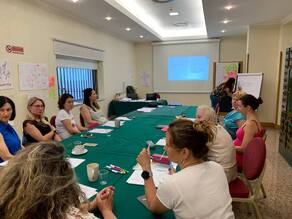 Moreover, we explored the peculiarities of the “Italian Model”, one of the few examples of inclusive education. It embraces the idea to “include” everyone in the same school, counting on the support of special figures like Support Teachers and Educators. Thanks to two different meetings with Italian support teachers, we had the opportunity to get a closer look and see how the methods and teorie presented are put into practice. The networking activities among the teachers who participated in the course were an occasion to exchange points of view, models and methods, creating a mutual enrichment. Therefore, all the participants made the best of this course and made it unique with their great dedication. We are looking forward to welcoming you again! Discover more about this course in: https://www.erasmustrainingcourses.com/special-needs-inclusive-education.htm
|
Welcome to the ELA Blog. Here you will find articles and photos of our courses and have a look at the topics addressed during the week in Bologna, Palermo and Tenerife. You will also have the chance to take a peek at our projects and check out what we have been up to.
Archives
July 2024
Categories |
-
Course catalogue
- 2023-2024 course catalogue
- Soft Skills >
- ICT and New Technologies >
- Inclusion and Diversity >
-
Innovative Teaching Methods
>
- Innovative teaching methods discovery
- Non-formal education teaching methods
- Dual education and work-based learning
- Teaching leadership and entrepreneurship
- Project based learning
- Game based learning and gamification
- Green skills
- Outdoor education
- Outdoor education trekking edition
- Promoting creativity and critical thinking
- Languages and EU projects >
- Preschool >
- Erasmus Plus KA1
- What we do
- About us
- Locations
- Blog
- Contact us
 English
English български
български Čeština
Čeština Español
Español Français
Français ελληνικά
ελληνικά Italiano
Italiano Polski
Polski Português
Português Română
Română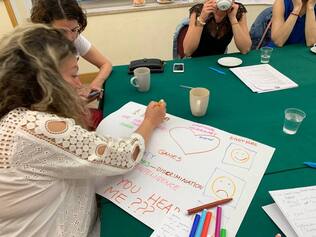
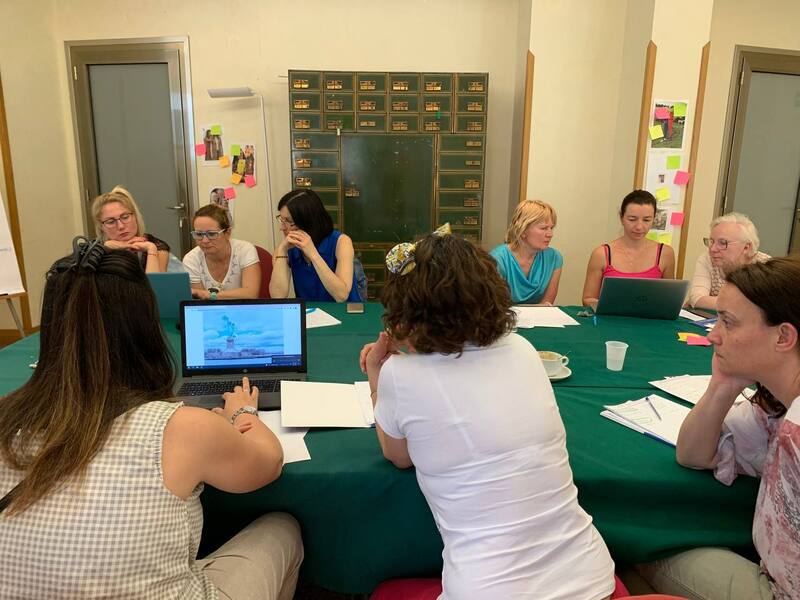
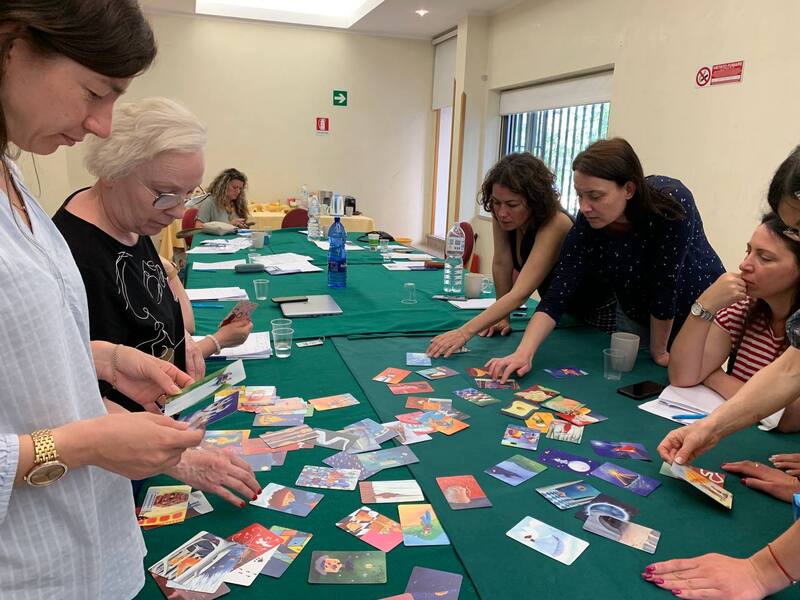
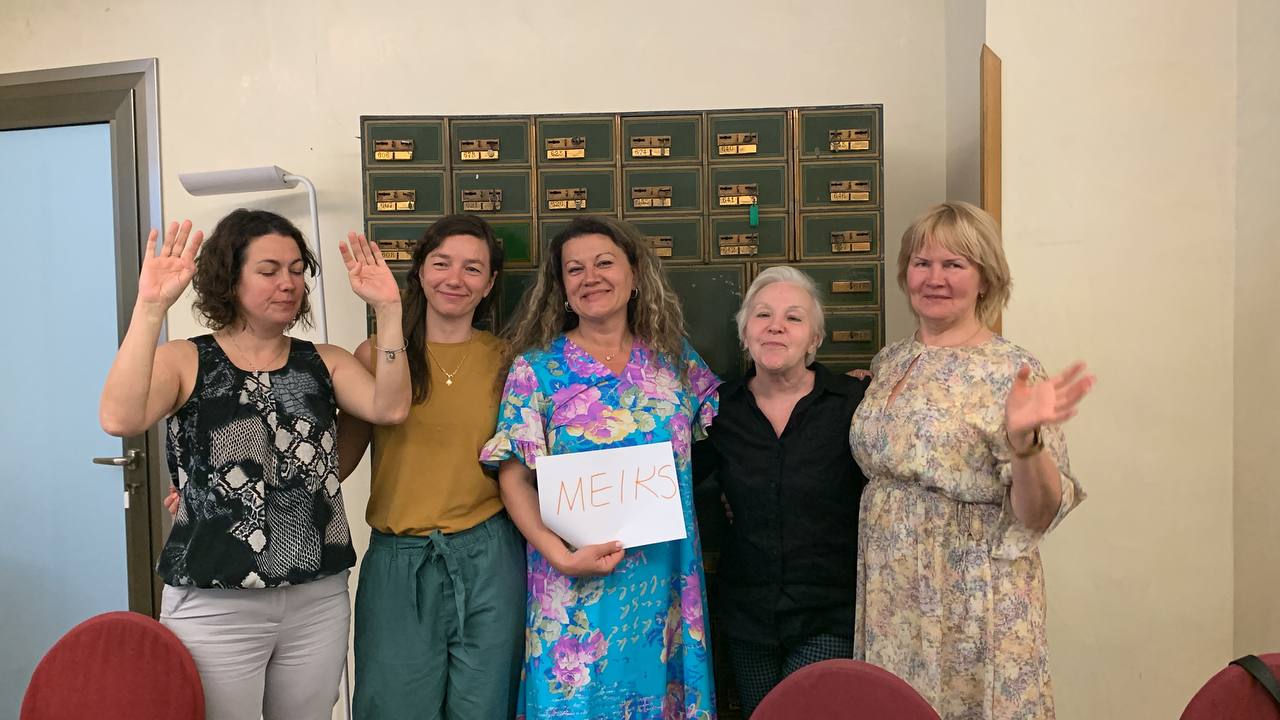
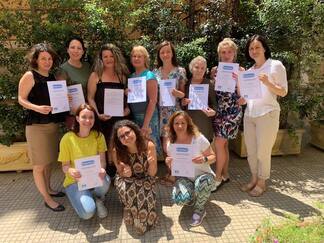
 RSS Feed
RSS Feed









